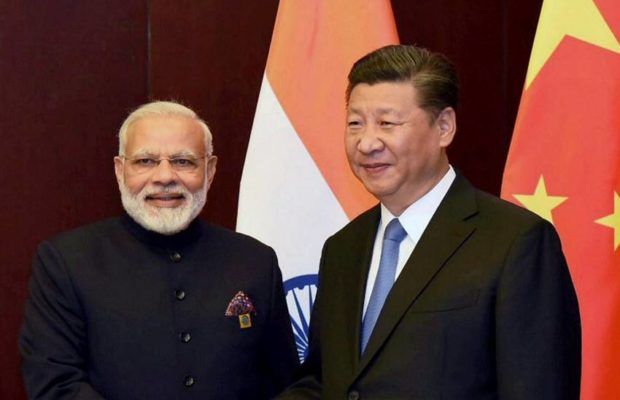Rare Earth Metals: Canada Seeks to Overtake China as Leading Producer

The Lede: Canada is accelerating efforts to position itself as an alternative for European governments that seek to reduce their dependence on China for critical raw materials that are crucial for the production of various products, including electric cars, smartphones, solar panels, and more.
What we know:
- One of the largest deposits of such materials, including over 15.1 million metric tons of rare earth oxide, is estimated to be in Canada, CNBC reported.
- In December, the G-7 announced a plan to increase the production of these minerals and reduce dependence on China – the largest producer and leading importer of critical raw materials.
- The move comes amid rising concerns over national security threats through disrupting supply chains, as well as the EU’s commitment to the transition away from fossil fuels to cleaner energy.
- In 2021, the European Union and Canada established a raw materials partnership. The German automakers Volkswagen and Mercedes-Benz secured access to Canadian minerals through agreements signed last year.
- Because it might take between five and 25 years for a mining project to become operational, the Canadian government is trying to ramp up the approval process for new plants.
The background: Since the 1980s, China has recognized the strategic significance of rare earths, leading to the nation dominating the industry and controlling 60% of global production, Politico reported. In response, Europe and the U.S. are now attempting to close the gap with a growing recognition that these materials now represent the issue of national security.
European and U.S. officials are concerned about the possibility of Beijing using its dominance in critical materials as a powerful geopolitical weapon. This has become a legitimate concern in the European Union after Russia's invasion of Ukraine a year ago revealed that the bloc had become overly dependent on a single major supplier.
In fact, China has been accused of using similar practices in 2010, when Beijing briefly cut off rare earths exports to Japan because of rising tensions over disputed islands, according to Politico.
Likely outcomes:
- In its race to beat China for rare earth metals, Canada is considered to be well-positioned, with the world's largest reserves of rare earth elements (REEs), and numerous high-quality, high-grade deposits of various critical minerals, according to Keean Nembhard, Press Secretary for the Office of the Minister of Natural Resources, Government of Canada, who spoke with the Innovation Platform. Canada is also a major player in the production of key minerals, including those utilized in battery metal supply chains, increasing its chances to surpass China.
- Canada is likely to use its vast resources, industrial knowledge, and trade relationships to become a reliable supplier of critical minerals and value-added products like electric vehicle batteries to global markets.
- But Canada’s efforts might be challenged by pushback from environmental groups. While Canadian officials say their goal is to sustainably and responsibly source critical minerals, Toronto-based activist group "Mining Injustice Solidarity Network" accused Canadian mining firms of greenwashing.
The takeaway: Canada is ramping up efforts to become an alternative source of critical raw materials for Western countries, seeking to decrease their dependence on China amid raising concerns that Beijing might use its dominance in the sector as a blackmailing tool similar to Russia.
The global rare earth supply logistics could undergo significant changes if countries reduce their reliance on Beijing. Mining companies are already showing interest in rare earth deposits in Canada, the U.S., Australia, Sweden, and other parts of the world, with the potential to increase rare earth production outside of China.
Quotables:
- “We see today that, for example, China produces 98% of Europe’s supplies of rare earths. And Europe needs to de-risk this dependency,” European Commission President Ursula von der Leyen.
- “Canada wants to be a part of the solution. We already are collaborating in areas of hydrogen, we’re collaborating in areas of critical minerals development ... that resilient supply chain across the Atlantic is certainly something that we are absolutely doing,” Mary Ng, Canada’s International Trade Minister.
- "The government is committed to making Canada the global supplier of choice for sustainably and responsibly sourced critical minerals, from exploration and extraction to manufacturing and recycling, while also fostering mutually beneficial relationships between industry and Indigenous Peoples," Canada's Minister of Natural Resources Jonathan Wilkinson.
Good Reads:
Von der Leyen talks raw materials, Ukraine in Canada, US (DW)
Canada is aiming to beat China in the critical race for rare earth metals (CNBC)
How Canada’s Critical Minerals Strategy is accelerating the sector (INN)



